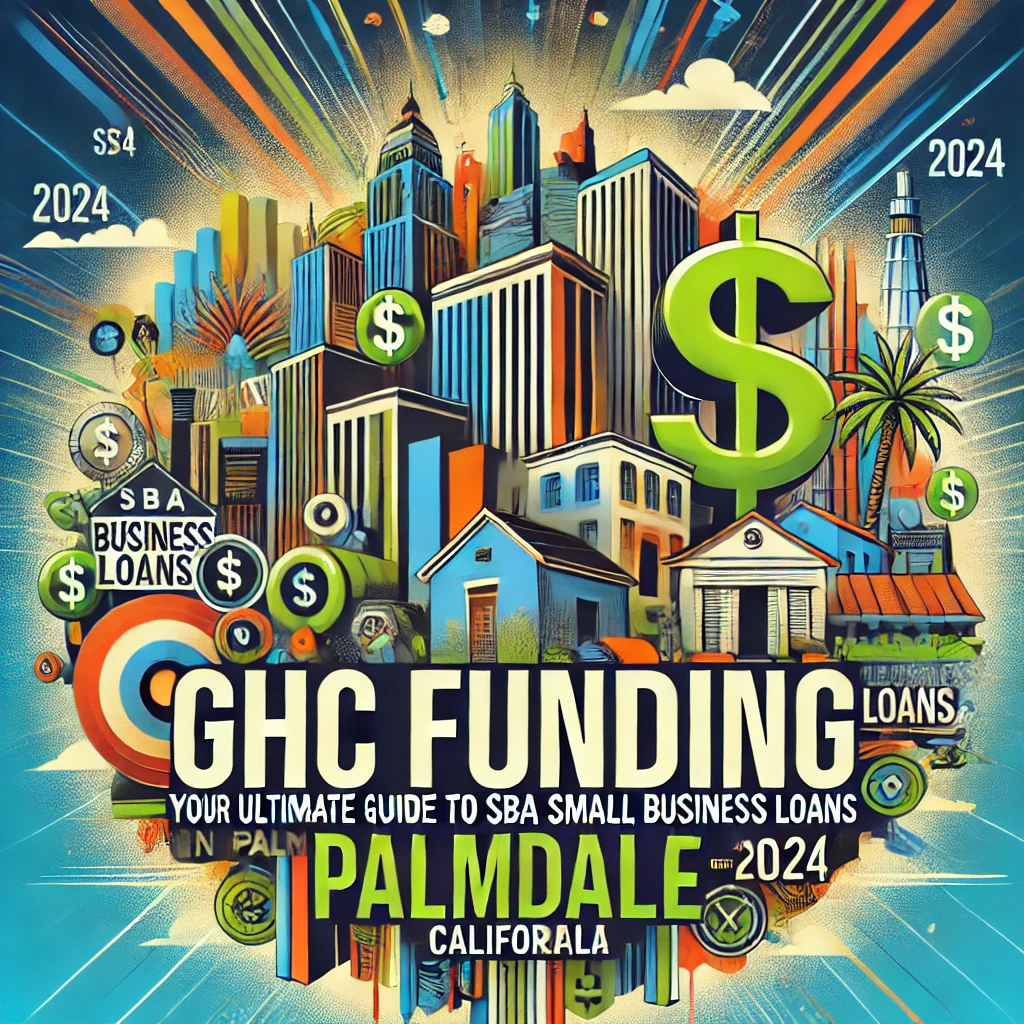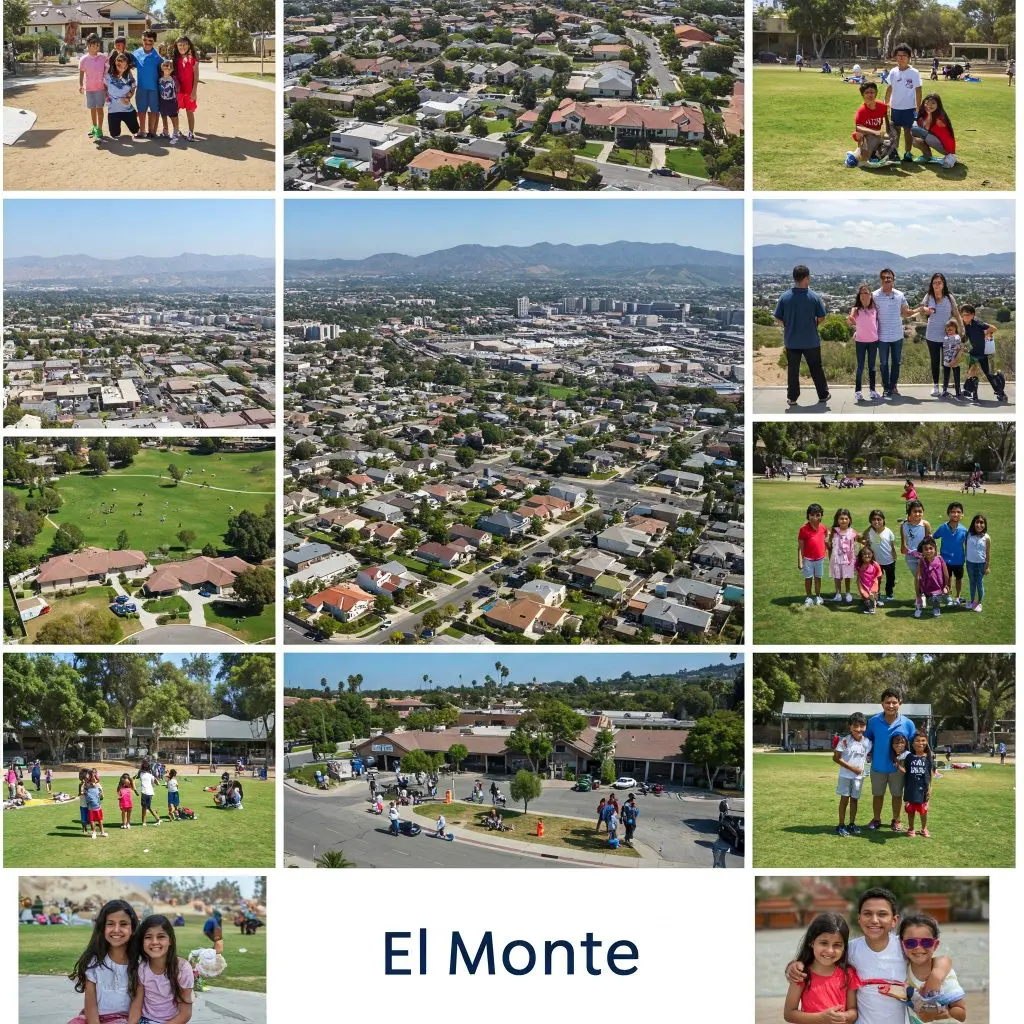Best Budgeting Methods for Gen Z in the Age of Fintech and Inflation – 2025 Guide
Budgeting has always been a cornerstone of financial well-being, but in 2025, Gen Z faces unique challenges and opportunities. Rapid inflation, evolving fintech solutions, and the gig economy have changed what ‘smart budgeting’ means for 18–27-year-olds. This comprehensive guide blends time-tested budgeting techniques with the latest digital tools and addresses the pressing question: what is the best way to budget in 2025 if you’re starting out in a digital-first world?
- Best Budgeting Methods for Gen Z in the Age of Fintech and Inflation – 2025 Guide
- Why Budgeting Matters More Than Ever for Gen Z
- Top 3 Budgeting Methods That Actually Work in 2025
- Tackling Gen Z Budgeting Challenges in 2025
- Comparing the Best Budgeting Apps and Tools for 2025
- Real-World Examples: Gen Z Budgeters in 2025
- Common Myths and Mistakes About Budgeting in 2025
- Actionable Steps: Gen Z’s 2025 Budgeting Roadmap
- Frequently Asked Questions
- Next Steps: Make 2025 Your Best Financial Year Yet
Why Budgeting Matters More Than Ever for Gen Z
- Inflation: In 2025, average consumer prices have increased by 8% over two years, eroding purchasing power.
- Flexible Incomes: Over 39% of Gen Z earns through side hustles, gig work, or freelance contracts (up from 27% in 2022).
- Student Loans: Average student debt for Gen Z stands at $28,900, making cash flow management crucial.
- Digital Lifestyle: Nearly every financial transaction, from investing to paying rent, now happens via mobile apps.
Top 3 Budgeting Methods That Actually Work in 2025
Let’s explore budgeting systems that are both effective and Gen Z-friendly. Plus, see how fintech makes them easier than ever.

1. The 50/30/20 Rule – Modernized for Variable Income
- Needs (50%): Rent, groceries, transportation, insurance
- Wants (30%): Eating out, entertainment, gym, travel
- Savings/Debt (20%): Emergency fund, investments, student loan payments
Pro Tip: If your income changes month-to-month, set percentage-based targets instead of dollar amounts. Use budgeting apps like Mint or YNAB that auto-adjust based on income fluctuations.
Need capital? GHC Funding offers flexible funding solutions to support your business growth or real estate projects. Discover fast, reliable financing options today!
Test Your Expertise: The Complexities of the 1031 Exchange

As a sophisticated real estate investor, you understand that the 1031 Exchange is a cornerstone strategy for tax deferral and wealth accumulation. But beyond the basics, the intricacies of the 1031 Exchange rules can pose significant challenges. This quiz is designed to test your in-depth knowledge and highlight critical nuances that separate casual investors from true experts in 1031 Exchange transactions.
Instructions: Choose the best answer for each question.
⚡ Key Flexible Funding Options
GHC Funding everages financing types that prioritize asset value and cash flow over lengthy financial history checks:
-
Bridge Loans: These are short-term loans used to "bridge the gap" between an immediate need for capital and securing permanent financing (like a traditional loan or sale). They are known for fast closing and are often asset-collateralized, making them ideal for time-sensitive real estate acquisitions or value-add projects.
-
DSCR Loans (Debt Service Coverage Ratio): Primarily for real estate investors, these loans are underwritten based on the property's rental income vs. debt obligation ($\text{DSCR} = \text{Net Operating Income} / \text{Total Debt Service}$), not the borrower's personal income or tax returns. This offers flexibility for those with complex finances.
-
SBA Loans: The Small Business Administration (SBA) guarantees loans offered by partner lenders. While providing excellent terms (long repayment, lower rates), the application process is typically slower than private/bridge funding, often making them less suitable for immediate needs. SBA eligibility heavily relies on the DSCR metric for repayment assessment.
🌐 Learn More
For details on GHC Funding's specific products and to start an application, please visit their homepage:
The Ultimate DSCR Loan for Rental Property Quiz

Are you looking to expand your real estate investment portfolio? A DSCR loan might be the perfect tool to help you achieve your goals without relying on traditional income documentation. Test your knowledge with this quiz to see if you're ready to master the intricacies of a DSCR loan for rental property.
2. Zero-Based Budgeting with AI Tools
With zero-based budgeting, every dollar is assigned a job—from streaming subscriptions to emergency savings.
- Begin each month with your expected income.
- List all expenses, then “spend” down to zero—ensuring all your money has a purpose.
- Why it works for Gen Z: It curbs overspending on microtransactions (like impulse purchases on TikTok Shops).
2025 Tech Advantage: Tools like Copilot Money and Plaid-connected wallets auto-categorize your expenses, analyze your spending, and suggest savings tweaks using AI.
3. Pay-Yourself-First – The Fintech-Accelerated Way
✅ Small Business Resources
-
SBA – Small Business Administration
https://www.sba.gov - SCORE Mentors (Free Mentoring & Workshops)
https://www.score.org - Small Business Development Centers (SBDC)
https://americassbdc.org
Are You an SBA Real Estate Loan Expert?

Test your in-depth knowledge on using SBA Loans for owner-occupied commercial Real Estate acquisition. These questions delve into the critical details that can impact your business's growth and financial strategy.
Automate savings goals as soon as you get paid. Apps such as Chime or Qapital let you round up every purchase and send spare change directly to investments or your emergency fund.
- Real example: If your net monthly income is $2,000, setting auto-transfers of $200 for savings/investments ensures you’re consistently building wealth.
Tackling Gen Z Budgeting Challenges in 2025
1. Inflation-Proof Your Spending
- Track price changes using apps like Tricount
- Negotiate recurring bills—like phone and streaming services—once per year.
Most Gen Zers can save $25–$60/month just by switching plans or downgrading subscriptions.
2. Budgeting with Gig Income
- Open separate accounts for business and personal funds.
- Use Wave or QuickBooks Self-Employed for expense tracking.
- Set aside 15-20% of every freelance payment for quarterly taxes.
3. Smart Use of Buy Now, Pay Later (BNPL)
- BNPL is tempting but can sabotage your budget. Only use for purchases where you already have the cash.
- Track upcoming BNPL payments with your main budget.
Comparing the Best Budgeting Apps and Tools for 2025
| App | Best For | 2025 Price | AI Features |
|---|---|---|---|
| Mint | Automated expense tracking | Free | Spending insights, personalized alerts |
| YNAB | Zero-based budgeting | $14.99/mo | Goal progress, automatic rule-building |
| Copilot Money | Visual budgets, cash flow analysis | $7.99/mo | Smart “nudges,” categorization |
| Chime | Automated savings, paycheck advance | Free | Round-ups, auto-savings transfers |
| Qapital | Savings goals, micro-saving | $3/mo+ | Rule-based triggers |
Real-World Examples: Gen Z Budgeters in 2025
- Dana, 23: Freelance designer. Uses zero-based budgeting via YNAB and sets aside 22% of each payment for taxes and investing in an indexed ETF. Eats out only if she earns an “extra” $100 that month.
- Adi, 26: Junior developer. Uses Chime for paycheck deposits. Automatically saves $100/month in a high-yield account, and tracks irregular gig income using QuickBooks Self-Employed.
Common Myths and Mistakes About Budgeting in 2025
- Myth: “You need a stable income to budget”
✅ Real Estate Investor Resources
-
AirDNA (Short-Term Rental Data)
https://www.airdna.co - Rentometer (Rent Comps)
https://www.rentometer.com - Zillow Research & Data
https://www.zillow.com/research
DSCR Loan IQ Quiz!

Test your knowledge of Debt Service Coverage Ratio (DSCR) loans!
Fact: Percentage-based and zero-based budgeting work for all income levels, including gig workers.
-
- Myth: “Budgeting means missing out on fun”
Fact: Smart plans create more room for guilt-free spending by showing your true limits.
- Mistake: Not updating your budget when prices change. In 2025’s inflation climate, set monthly calendar “check-ins” to review subscriptions and routine expenses.
- Mistake: Ignoring one-off expenses like holiday travel or tech upgrades—set mini sinking funds throughout the year.
Actionable Steps: Gen Z’s 2025 Budgeting Roadmap
- Pick a budgeting method. Start with 50/30/20 or zero-based budgeting for the next 30 days.
- Download and set up two apps: One for expense tracking (Mint or Copilot), one for automated savings (Chime or Qapital).
- Calculate your average take-home income, including gig work. Use the last 3 months as a reference if your income fluctuates.
- List every regular expense—including subscriptions you might forget.
- Commit to monthly “money check-ins.” Block 15 minutes on your calendar at the end of each month.
- Automate savings—even if it’s just $10/week to start. The key is consistency.
- Review, reflect, and adjust. Track your progress and recalibrate every quarter for better results.
Frequently Asked Questions
- Is it worth paying for premium budgeting apps?
- If the cost ($5–$15/month) helps you save or avoid overspending by $50/month or more, it’s a smart investment. Most apps offer free trials, so test for one month.
- How do I handle budgeting with multiple side hustles?
- Aggregate all side income and treat it as one “gig” category in your budget. Open a separate savings account for taxes (aim for 15–20%).
- What’s the best way to budget for irregular big-ticket expenses?
- Set up separate “sinking funds” for each major expense (e.g., $40/month for holiday gifts, $30/month for tech upgrades).
- How can Gen Z avoid overdraft fees in 2025?
- Enable bank notifications for low balances, and consider neobanks like Chime that have no overdraft fees and send instant alerts.
- Do AI features in budgeting apps really help?
- Yes—AI can spot spending trends, warn about unusual expenses, and even suggest cost-saving actions you might miss manually.
Next Steps: Make 2025 Your Best Financial Year Yet
Budgeting is about clarity and control—not deprivation. Set a reminder to review your budget once a month, experiment with digital tools that make managing money simple, and stay alert to economic changes. In the “era of fintech and inflation,” Gen Z can thrive by blending tech, strategy, and self-awareness.
Ready to get started? Download your chosen app today, set three mini financial goals, and bookmark this guide for your next money check-in!
Get a No Obligation Quote Today.




